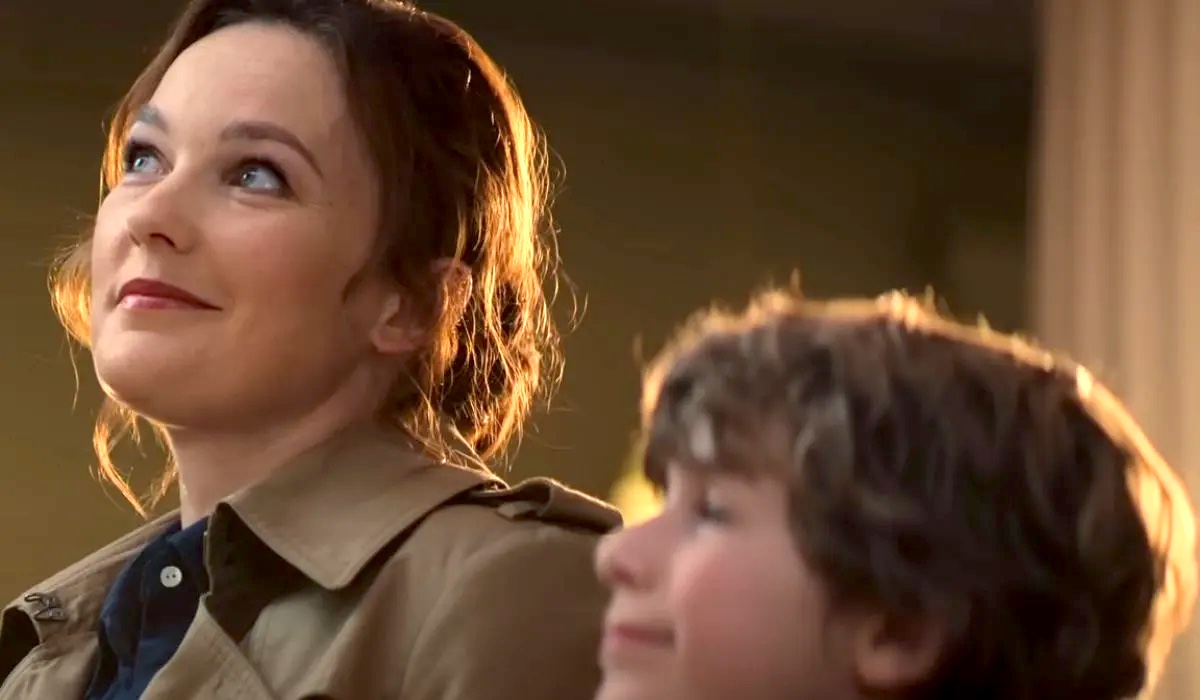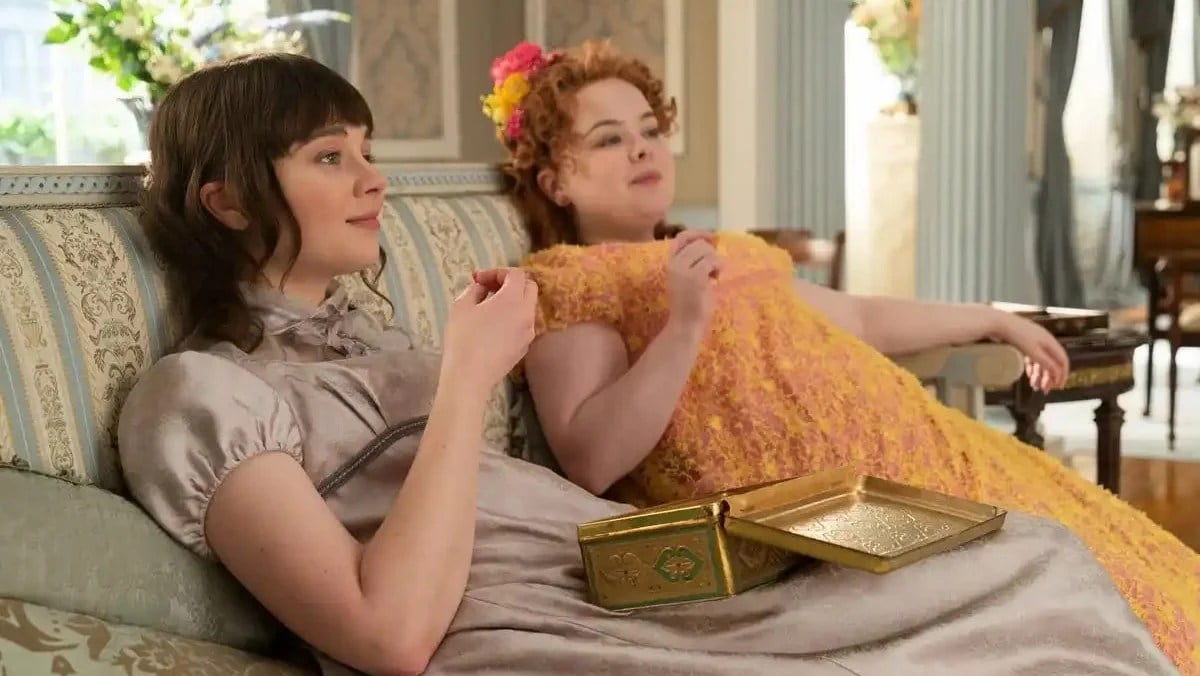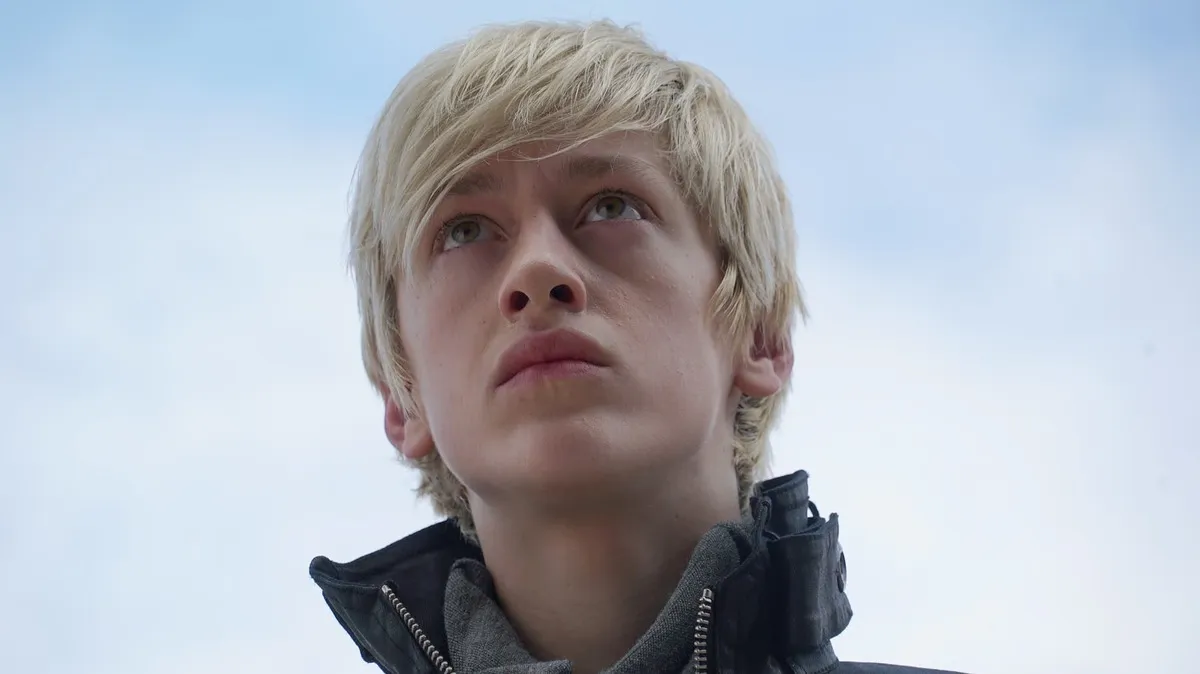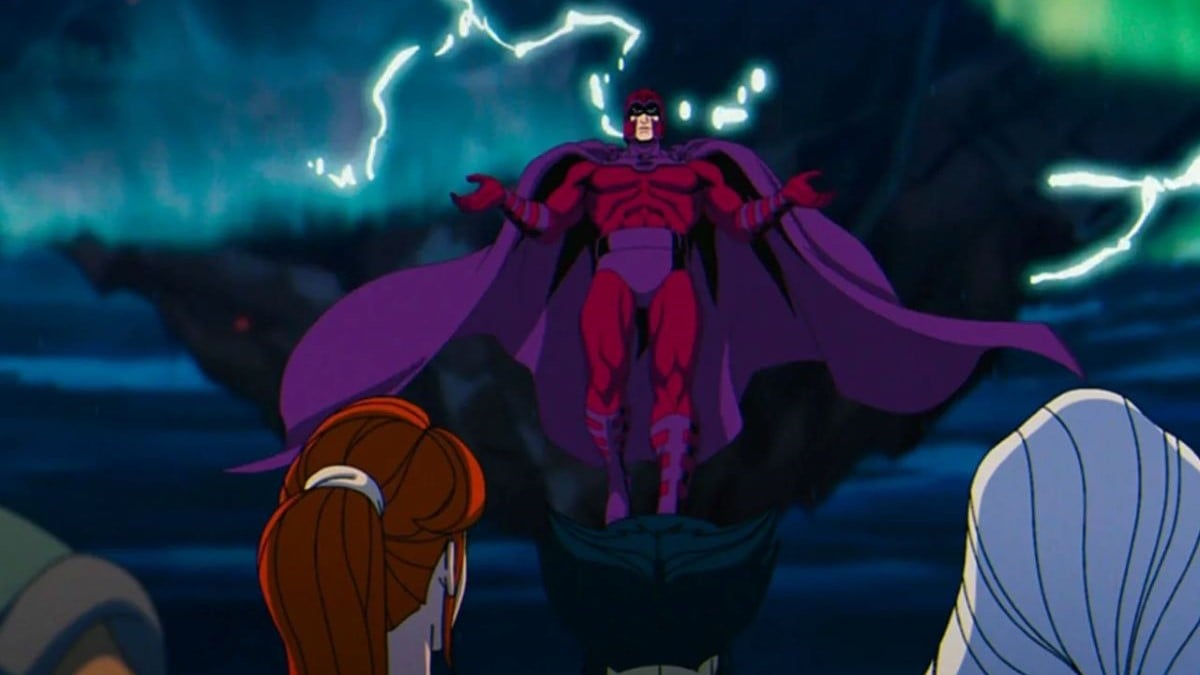If there’s one thing you can be certain of when it comes to Percy Jackson and the Olympians, it’s that everything you read will have an actual basis in the original mythology, sure, but it will also have a twist.
Almost every element in Percy Jackson and the Olympians has a direct correspondence with Greek—and later Roman—myth, which is why this saga is so loved by mythology enthusiasts everywhere. Then again, since the story is a modern take, it makes sense for certain ideas or concepts to be adapted in a way that fits with the characters’ 21st-century sensibilities.
And we actually already caught a glimpse of this in the very first episode of Disney’s new Percy Jackson and the Olympians show, which my little Greek mythology nerd heard absolutely loved.
While Percy is on a field trip to the Met with his class, he remembers when his mother, Sally, brought him to that same wing of the museum to see the statues of Greek heroes and gods. In a flashback, mother and son stand before a statue of Perseus—the hero Percy is named after—triumphantly brandishing the severed head of Medusa.
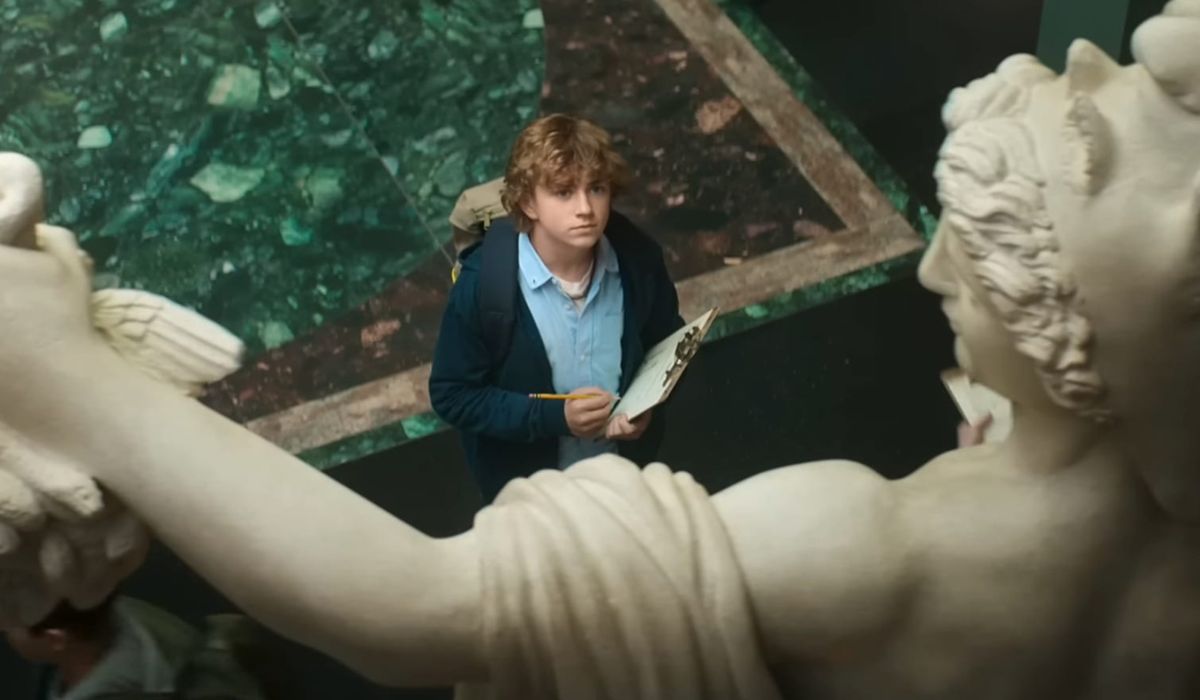
Percy, of course, immediately identifies Perseus as the hero and Medusa as the monster. When Sally asks him why he would call Medusa a monster, Percy very eloquently implies that she has to be, given the way she looks, with the snakes-for-hair and all. And that’s when Sally delivers an absolutely vital message for the entire story by saying that “not everyone who looks like a hero is a hero and not everyone who looks like a monster is a monster.”
Now, first of all, this line is obviously a brilliant piece of foreshadowing for how things are going to play out both in the short time—when Percy, Annabeth, and Grover actually do meet Medusa—and in the long run—this season and the next one, if there is one—and I’m sure that those who are familiar with the books will definitely agree with me.

Besides this nice foreshadowing, Sally Jackson’s lesson to Percy subverts one of the most important tenets in Greek ethics and philosophy—that of kalokagathia, or καλοκαγαθία when written in the Greek alphabet.
Kalokagathia comes from the shortening of the formula “kalos kai agathos“—or καλός καί ἀγαθός—which means “beautiful and virtuous.” So, by extension, kalokagathia could be translated to something along the lines of nobility, virtuousness, and gentlemanliness. It’s the idea that someone’s virtue and valour would be reflected also in their physical appearance, in a perfect match of goodness on the inside and goodness on the outside.
While the term was apparently introduced into the high society of Athens around the 5th century BCE, centuries after the times much of the Greek mythos was formed, it’s an idea that still can be found in texts like the Iliad and the Odyssey. Achilles is both beautiful and virtuous, for example—he’s actually the perfect textbook case of kalokagathia.
By contrast, Book 2 of the Iliad introduces us to Achilles’ perfect opposite—the soldier Thersites, who encourages the Greek army to abandon Troy and return home during Agamemnon’s war council. Thersites is obviously considered a coward for his suggestion—even though some might argue that he was not totally wrong, as the war had been going on for ten years at that point—and his ugly physical appearance reflects that.
Then again, Sally Jackson is not an Athenian lady living in 5th century BCE Greece, but a very modern New Yorker, so it makes perfect sense for her to teach Percy that a beautiful appearance does not immediately signify an incorruptible moral compass. Considering the life she knows Percy will have to lead due to his demigod status, it’s actually a very vital lesson for him to learn and one that she’s perfectly justified in really driving home.
And as stated before, her lesson will definitely come into play as the plot continues and be proven time and time again—kalokagathia might have worked for classical times, but it’s not always applicable to the modern era.
(featured image: Disney+)



